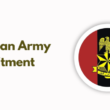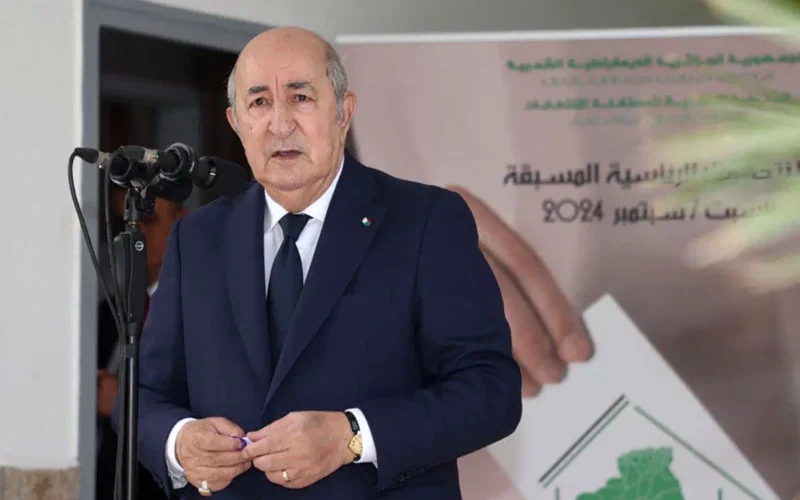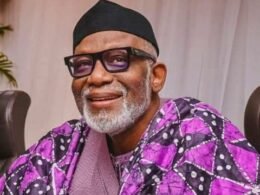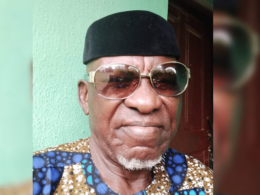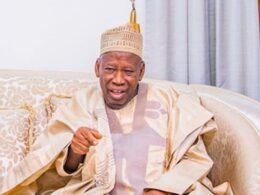Abdelmadjid Tebboune has been re-elected as Algeria’s president with nearly 95 percent of the vote, according to the country’s electoral authority, ANIE. The incumbent president received 94.65 percent of the vote, translating to over 5.3 million votes.
- Candidates and Results: Tebboune, 78, secured his second term in a race against moderate Islamist Abdelaali Hassani, who received 3.17 percent of the vote, and socialist candidate Youcef Aouchiche, who garnered 2.16 percent.
- Voter Turnout: While Tebboune’s re-election was anticipated, the main focus was on increasing voter participation, following a record-low abstention rate of over 60 percent in the 2019 elections. ANIE has yet to provide the final turnout rate, but reports suggest an extension of the voting period due to average turnout.
- Allegations of Fraud: Hassani’s campaign has criticized the election process, alleging attempts to inflate results, failures in vote sorting, and instances of proxy group voting.
- Youth Engagement: Tebboune’s victory did not significantly address the concerns of Algeria’s youth, who represent half of the country’s 45-million-strong population. Analysts suggest that this demographic’s lack of support could weaken Tebboune’s mandate.
- Economic and Social Promises: Tebboune has pledged to create 450,000 jobs and enhance social assistance programs. His first term saw economic growth driven by Algeria’s natural gas sector, but the country remains heavily dependent on hydrocarbons.
- Political Climate: Despite economic improvements, political freedoms and media rights remain major concerns. The Hirak protest movement, which led to significant political change, saw a crackdown on dissent and arbitrary arrests of activists.
- Voter Hopes: Many Algerians voted with hopes for real change. Seghir Derouiche, 72, emphasized the importance of voting as a civic duty, while others like Taous Zaiedi and Leila Belgaremi expressed desires for national improvement.
- Criticism of the System: Analysts note that the election’s overwhelming results may reflect a disconnection between the electorate and the political system, with many feeling excluded from the electoral process.
- Repression and Dissent: Amnesty International and other watchdogs have reported ongoing repression and a lack of political freedoms in Algeria. Authorities have been criticized for stifling civic space and maintaining a harsh approach to dissent.
Tebboune’s second term will be closely watched as he addresses the significant issues of political freedom, youth engagement, and economic diversification. The president will need to navigate these challenges while responding to the calls for greater inclusion and reform in Algerian politics.



